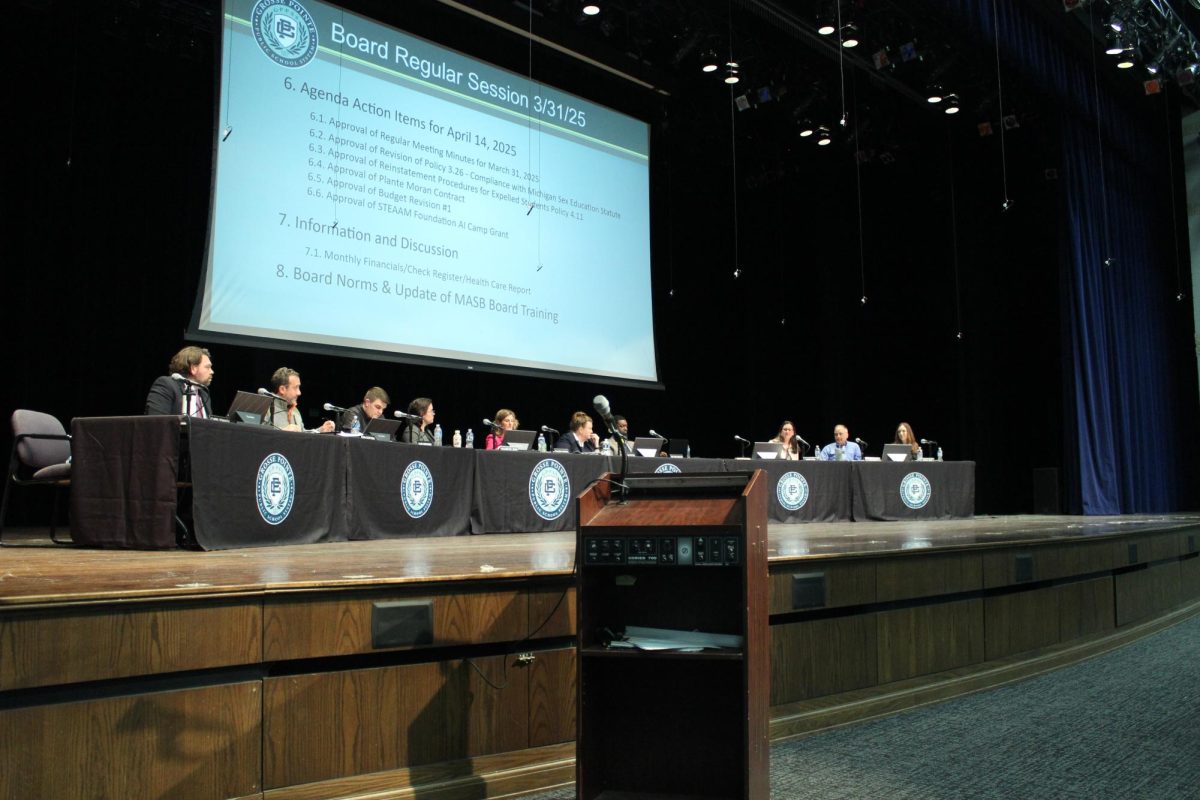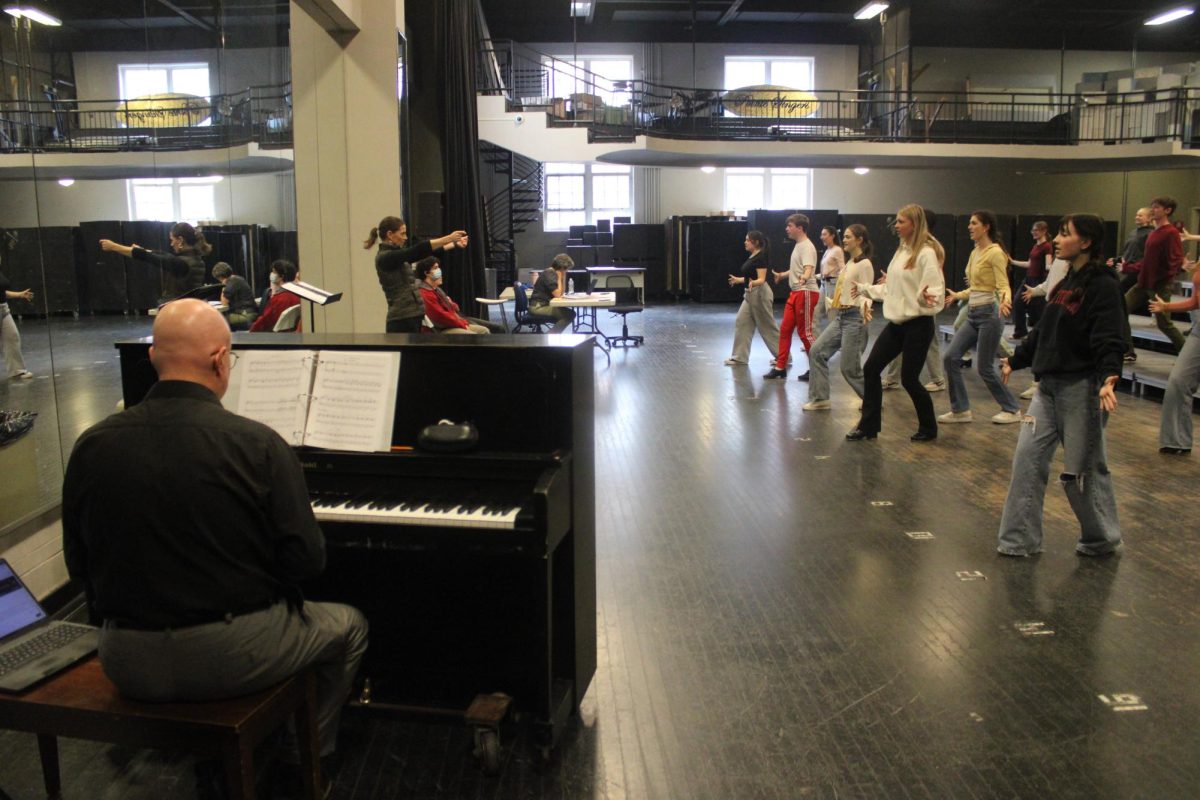Drowning in stress
March 6, 2019
According to South’s time commitment guidelines, a student’s life is sectioned into three categories: academics, family time and sleep.
With every passing year, these values become diluted, with additional time needed for sports, extracurriculars, personal endeavors and jobs. The school has stepped in to try and combat the scheduling conflicts South students are facing.
We at The Tower recognize the new policies as metaphorical “safety nets,” installed to help students lighten their load.
The Zero Hour Policy and Workload Planning Policy, allowing for an extra hour in a student’s day and preventing more than three tests in a given day, are designed to better accommodate a student’s health and time. For more information, read the stories on page 1.
There is an increased pressure on students to have the perfect college resume, balanced
leadership positions, athletic experiences and academically challenging classes. The elusive perfect college application that students are reaching for has demanded an unreasonable time schedule for a teenager.
While some South students are experienced in academic time-crunches and demanding schedules, with a 61 percent AP participation rate, according to U.S. News and World Report, this policy is sure to be helpful to those still learning to manage their time effectively.
Recent snow days only added to the pressure with teachers’ planning schedules being thrown off, usually resulting in more at-home work for the student.
These recent snow days have only exacerbated the problems, blowing into an issue that cannot be ignored by the administration. They have placed a strain on the students and faculty alike. These changes were necessary for South to continue its tradition of academic excellence.
South is an academically challenging school, and we are pushed to include even more in our schedules. This is not solely the fault of the school system, but a wider societal problem that couldn’t be solved by only one policy change. Like a bandaid on a gunshot wound, these policies are an appreciated effort, but merely the initial steps to solve a larger issue.
The administration is clearly trying to change to meet the needs of students, and although their approach isn’t always perfect or immediately effective, their effort is just as important. These policies show an ability to change, adapt and listen to the student body.















































































